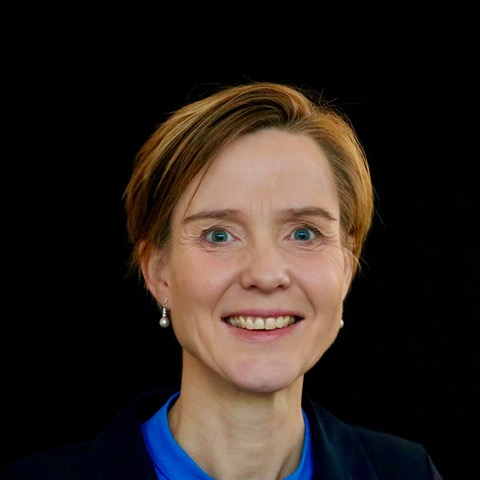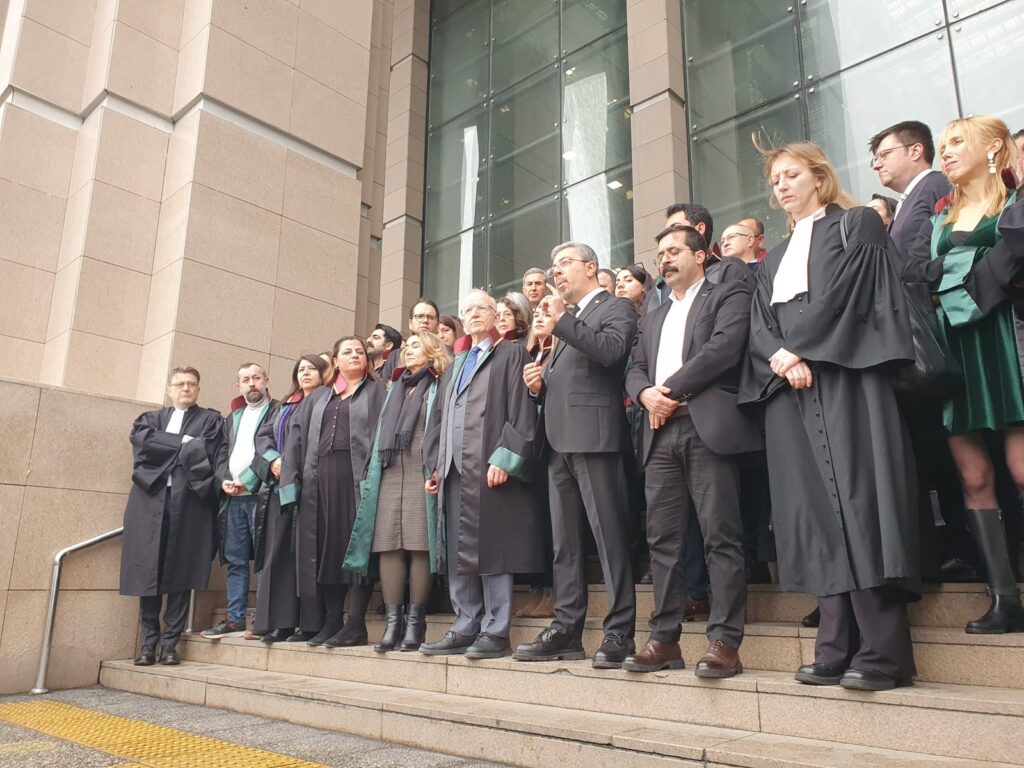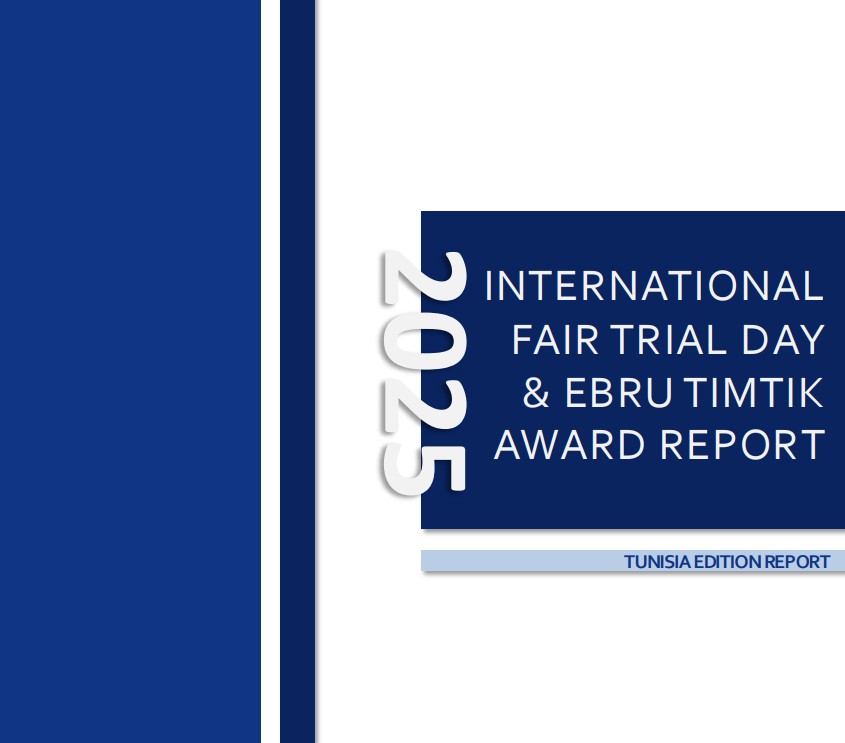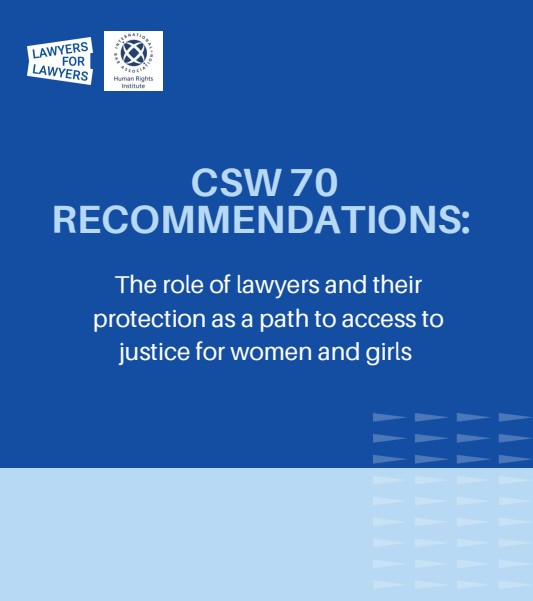On 9 and 10 September 2025, I was part, for the first time, of the Lawyers for Lawyers delegation attending the second hearing in the criminal case brought against the executive board of the the Istanbul Bar Association.
The proceedings follow a statement by the Istanbul Bar Association (“ISBA”) demanding a full investigation into the deaths of two Kurdish journalists from Turkey in Syria. In response, the Istanbul Public Prosecutor initiated a criminal investigation against Bar President İbrahim Kaboğlu and the ten other members of the Bar council for ‘terrorist propaganda’ and ‘public dissemination of misleading information’. A civil action was then brought on 14 January 2025 to have them removed from office.
In the Amicus brief submitted on behalf of Lawyers for Lawyers (jointly with other international organisations), it is extensively argued that the criminal and civil proceedings against the ISBA constitute a clear misuse of legal mechanisms to target lawyers and their professional association for engaging in lawful, rights-based advocacy. These actions are not only legally unfounded but also emblematic of a broader and systemic erosion of the independence of the legal profession in Turkey. Far from being exceptional, the proceedings are part of a sustained pattern of executive interference in both the judiciary and bar associations, aimed at stifling dissent, weakening institutional checks on state power, and deterring lawyers from participating in public discourse on the rule of law and human rights.
What struck me was the calm determination of the involved lawyers and their attorneys. That they will not give up was evident right from the first meeting with the Bar on the evening before the hearing. Not only were monitoring delegations from Germany, France, Norway, Portugal, Italy, Greece, and The Netherlands present, but various presidents of other Turkish bar associations showed their solidarity by attending the reception and court hearing as well.
The hearing took place in a heavily secured courtroom at the notoriously difficult-to-access Marmara prison (formerly Silivri prison). This prison has recently been specifically expanded for the detention of terrorists; it is one of the largest prisons in Europe. This point was prominently raised by the defense, arguing (i.a.) that it undermined the principle of public accessibility of the judicial process. The defendants, their (numerous) lawyers, and international observers were not allowed to enter the court at 9 AM, the time the hearing was supposed to start. They had to wait outside in the hot sun.
It was interesting to follow the hearing, during which we as observers were of course reliant on translations provided by attending lawyers speaking English and French throughout the session. There were about 100 defense attorneys for the defendants, which brought a unique dynamic. Flowery and sometimes emotional pleas brought life to the proceedings, as did some unified and passionate expressions of outrage from the defending attorneys. The entire setting, in the enormous court room, felt quite surreal at times. The case was adjourned. Five court days are scheduled in January 2026.
That these types of cases continue to receive international attention is essential. It is certain that the involved lawyers feel supported, and I understood that in several cases the influence is directly tangible. I consider it an honor to be part of the delegation from Lawyers for Lawyers. My thoughts remain with the brave council members and other threatened Turkish lawyers after this first visit to Istanbul. I can only hope that I would be just as brave and combative if it came down to it for us. I am also once again motivated to ensure that it will not come to that!




